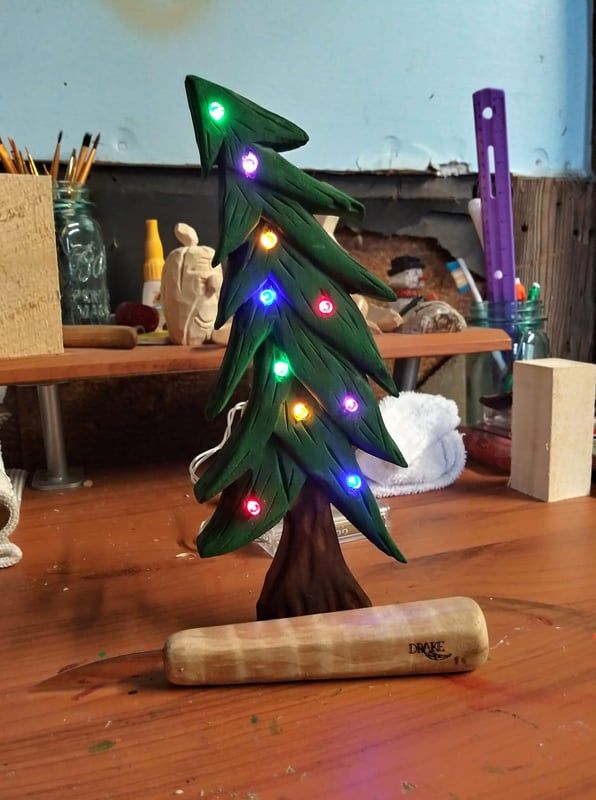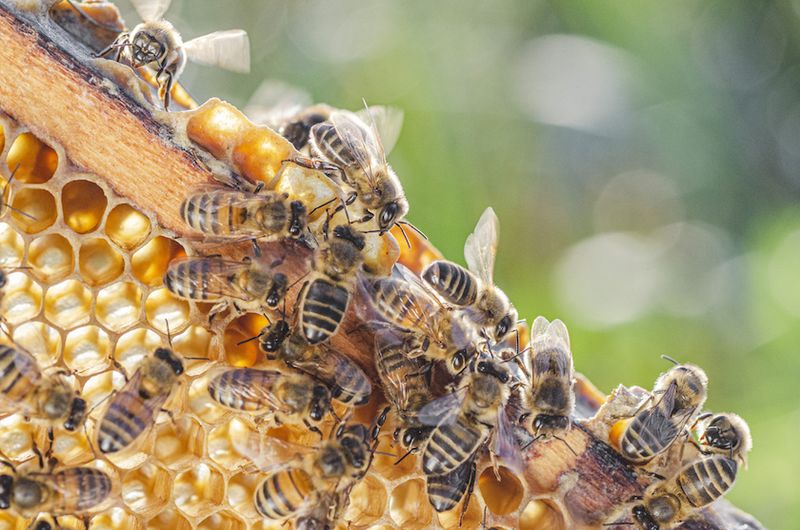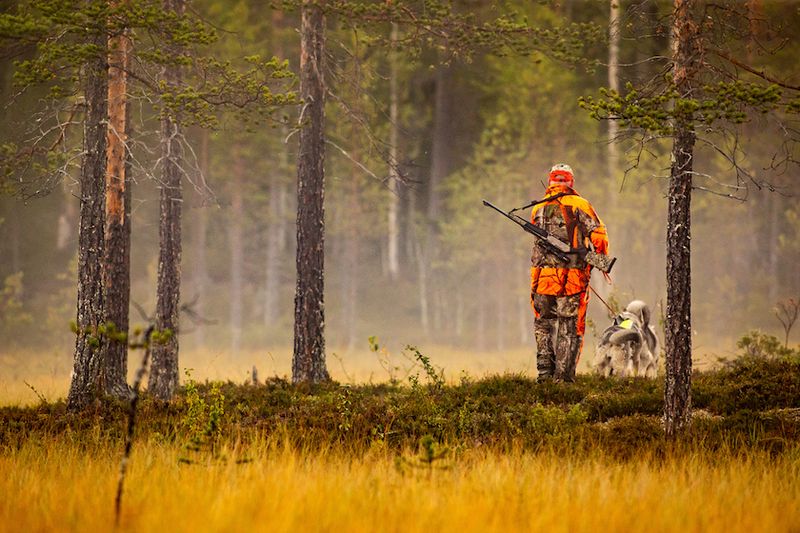Making Your Acreage Pay


Putting your assets in gear can bring in cash
Living in the country, you quickly find there’s always something needing fixing, feeding, or filling up. Stuff can get expensive, and fast.
Wouldn’t it be great if your acreage could do a better job of making itself pay. Chances are, you already have the unique skills, knowledge, and assets to bring in cash with what people today are calling “your side hustle.”
Let’s run down some of the ways to bring some cash to your acreage not directly related to farming.
Hobbies can pay the way
No, not stamp collecting, but rather hobbies that produce something people can buy. If you don’t think this is true, check out all the items, shops, and vendors on etsy.com.
Among the crafts producing serious income are tole painting, crocheting and needlework, raw wool production, handmade knitted goods to order, and antique “up-cycling.”
Even a quick view of “for sale” pages turns up craftsmen and craftswomen who make furniture, country decor items, and even clothing.
For instance, Patricia Orleana Watson has developed her hobby of working with fur and leather into a thriving side business, crafting exotic-looking fur goods. She sells on etsy.com (as PattysFURandLEATHERS) as well as marketing through social media. How profitable is it? At present she has a custom raccoon fur hat for sale at $300, and Patty indicates she’ll get it with no problem.

Social media plays a crucial role in helping people bring some cash in from their hobbies. People use their leather working skills to create holsters for firearms, work and fashion gloves, riding chaps, and even custom seat and steering wheel covers.
Maybe you spent time whittling with your grandfather, and still enjoy it. Children’s toys and obviously-hand-carved decor items are big sellers these days.
Pennsylvania winters can be long and unproductive. Josh Randall has just started a side business, Josh’s Carvings, Creations, and Crafts, carving small decor items as whimsy suits him. Look him up on Facebook or write at pahunter7388@yahoo.com.

Clean out that spare room
Even that spare bedroom can be an income producer. Renting out a clean, well-decorated bedroom as a bed-and-breakfast can produce surprising financial rewards. The effort isn’t much different from having relatives stay for the weekend, but the big difference is that guests pay. AirBnB, vrbo.com, and similar websites act as your booking agent.
Put your green thumb to work
When gardening is your passion, it’s easy to embrace dirty hands, a sore back and a sunburned neck. Putting your green thumb gene to work can pay dividends in multiple ways.
Start a growing business. You might begin with a simple “honor box” vegetable stand at the foot of your driveway; people are more honest than we think. If you crave human interaction, go to your local farmers market and ask a vendor who you can contact to set up a booth next season.

For a full-on gardening business, consider setting up a CSA plot. CSAs, short for Community Supported Agriculture, sell shares in your hard work ahead of the season, allowing you to buy seed and other inputs. However, you are then obligated to pass on all that you grow to your customers. Tip: find lots of boxes for you to load up your produce for customers.
Don’t know how CSAs can be set up? Your local extension service can help you out.
Remember 4-H projects?
One of the crowing achievements of a child’s 4-H experience is often the raising and selling of livestock, usually of the bovine line. Consider doing this as an adult. You’d be surprised at how many people will buy a quarter-cow share or quarter-hog, especially these days of food insecurity.
While you have the knowledge of how it was raised—and this can be a crucial sales tool if you can accurately claim “organic” or “grass-fed”—often times the local meat locker will work with you on specific cuts or packaging.
Like the CSA, it helps to get money upfront, but if you can’t, then you have to do some marketing until you develop regular customers for your meats.
In these days of internet-based, social media marketing (i.e. Facebook) you could turn your cooking or baking skills into a money-making endeavor. Pictures help sell the product, and what person can resist a beautiful loaf of freshly-baked bread, hand made pastries (kolaches, anyone?), or other indulgences.
These days, it’s not uncommon for home bakers to take orders for people who don’t want to venture to the grocery store.
I’m your pollinator, honey
Many living in the country have found that bees can be a source of income. While becoming a beekeeper requires developing a set of special skills, but keeping bees can be as involved as you like.
Consider setting up frames not only for your own orchard and crops, but also becoming a “mobile pollinator” to those who also have similar needs.

So you say you already raise bees and sell honey at farmers markets? Then the next step might be to market yourself as a professional beehive manager. No doubt there are some people looking at setting up their own hives, and would benefit from some experience-based guidance.
Using your tools
Even if you don’t live near a citified area, you probably have tools that someone needs: a tractor for grading, backhoe for digging, or a front loader for hauling. Put that equipment on a trailer and you have a digging business.
Yes, it is possible that this will require taking time away from your acreage and will require you to deal with people, but getting a couple hundred dollars for an afternoon of driveway maintenance is something not to ignore. Besides, it will sharpen your equipment handling skills.
Don’t, shoot!
If Nature has blessed you with plenty of wildlife, establishing hunting leases may be one of the easiest ways to bring cash in. Your land will have to be well marked with signage, but if deer, pheasant, grouse, doves, elk, or what-have-you are plentiful, hunters will gladly pay for the privilege of having it all to themselves.
Leasing your land to hunters is a great way to earn passive income. It doesn’t matter if your acres are covered with farmland, woodland, or anything in between. Every type of terrain can be hunted on.
Hunting Locator (huntinglocator.com) offers up some ideas for us.

Attracting initial customers may prove to be a challenge. It can be harder or easier, depending on the land’s location, but it usually takes some time before you get noticed. So, to make things move faster for you, here’s an actionable tip on how to promote your offer.
Three words: species-specific hunting
Figure out what kinds of game animals live on your land. Then, point that out when advertising it.
Big game such as whitetail deer is the most popular right now. Suppose you've got some of those running around your acreage; finding someone to lease it to shouldn't be a big problem. The latter is especially true if you own woodland in Mississippi, Pennsylvania, or Wisconsin.
Smaller animals like hares and pheasants have their "audience," too. Unlike most big games, they don't live in heavily wooded areas. The chances are that anyone who owns some arable land can find these species on their property.
If you’re not sure whether there’s any game on your land, do not despair. You can try to attract some! There are various ways to do this, and you can pick the one that suits your type of terrain.
Hunting on leased land can be more convenient and efficient, but the process should not be taken lightly.
Additional considerations:
Hunter-to-acre ratio—How many acres of land will be available for hunting? If a plot of land has multiple lessees, identify how many to avoid crowding.
Pet peeves—Some landowners have pet peeves that may jeopardize relationships, be it tire tracks, litter, or fencing left open.
ATV policy—Lessees may have to follow strict guidelines concerning ATV use. Be sure to request information about riding ATVs before signing a lease.
Fishing policy—Many lessors have specific guidelines concerning fishing in the creeks and ponds on their land.
Liability insurance—Some contracts may require lessees to show proof of liability insurance in case there is an accident, injury, or damage to property.
Year-round policy—Landowners may only allow hunters to use the land during particular times of the year or when a specific game is in season.
It takes a bit of effort, but the payoff will be more than worth it for both hunter and landowner.
You CAN make money from your acreage, but it never comes easily
Tags:Features

Acreage Life is part of the Catalyst Communications Network publication family.
















